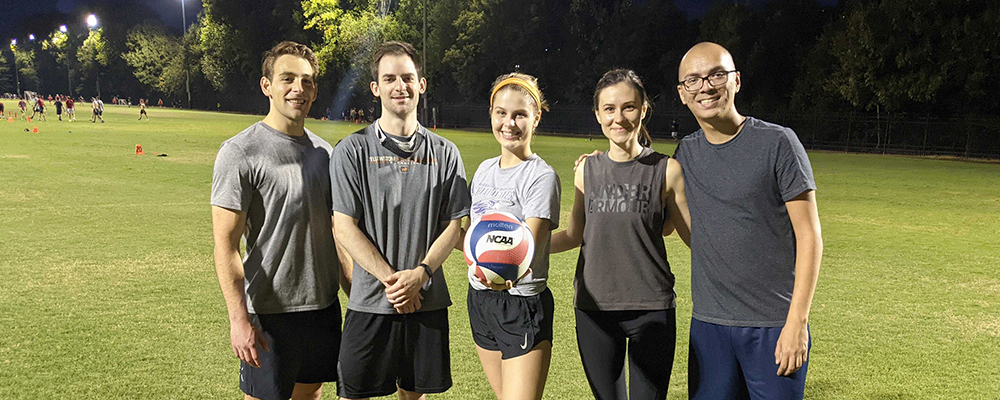What does the average person envision when encountering the term “data science?” With the advent and approach toward ubiquity of buzzwords like big data and analytics in the world of business, one might understandably assume that the emerging field is devoted to increasing private sector profits. However, the applications of data science extend well beyond the corporate realm.
As the potential for insightful discovery from harnessing data has increased, various organizations and initiatives have emerged that are dedicated to transforming digital information into tangible social good.
Among them, DataKind brings together social change organizations and experienced data scientists, who aid the former in their humanitarian missions on a pro bono basis. This volunteer-based model reflects the recognition that “most social change organizations don’t have the budget or staff to take full advantage of [the] data revolution” along with the corresponding vision of creating “a world where[these organizations] have the same access to data science resources that Wall St. and Silicon Valley have.” One such partnership involving Amnesty International tackled a project to aid the NGO in predicting human rights violations. Using data mining techniques, a team of volunteer data scientists built a predictive model that allows users to identify key words most often associated with high risk situations resulting in executions within historical Urgent Action Alert data.
The U.S. government has likewise tapped into the power of data-driven collaboration—in May 2009, data.gov was launched to serve as a source of publicly-available datasets containing “Information maintained by the Federal Government.” The site now contains over 180,000 datasets across diverse spheres, from agriculture to education to energy. Many applications using this data are also listed, including Fooducate, a free mobile app that aids users in decision-making while grocery shopping by allowing them to scan product barcodes and instantly receive nutrition information. Although not all of the apps listed on data.gov were necessarily created by the government itself, this open-source initiative is nevertheless evidence of the White House’s recognition of data science as a catalyst for social and civic good.
Whether it is through facilitating partnerships or establishing open-source initiatives, the ways that social-minded organizations have been tapping into the power of collaborative data science abound. As the field develops, hopefully more of these organizations will join private corporations as its beneficiaries.
Columnist: Tanya Moore

